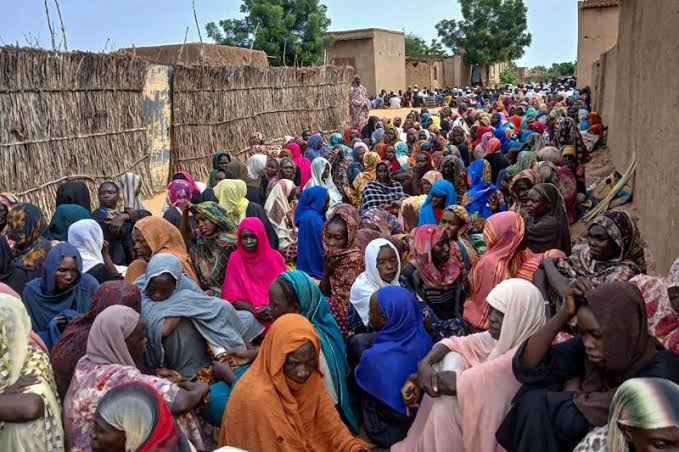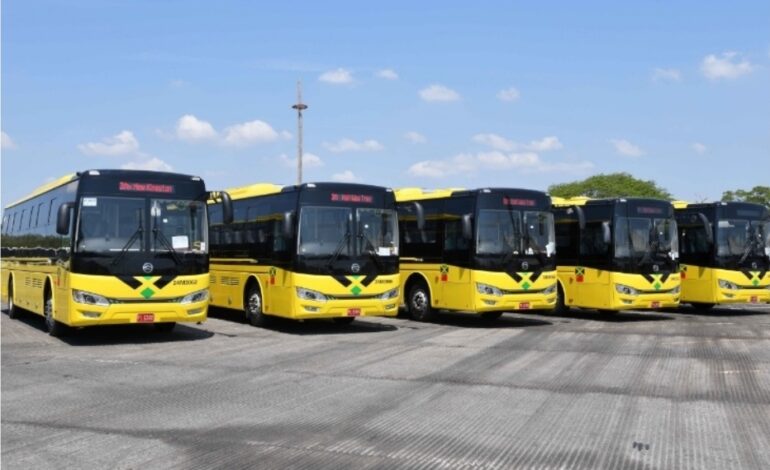
Wayne Lumbasi
On July 16, 2025, Jamaica Prime Minister Andrew Holness handed over 93 new buses to the Jamaica Urban Transit Company (JUTC), describing the event as more than a fleet expansion. It was a demonstration of how disciplined governance can reshape critical public services.
The acquisition, which includes both diesel and compressed natural gas (CNG) units, represents one of the most significant transport investments in Jamaica’s recent history. It addresses chronic issues of breakdowns, fleet shortages, and commuter dissatisfaction, while setting a benchmark for sustainable infrastructure development.
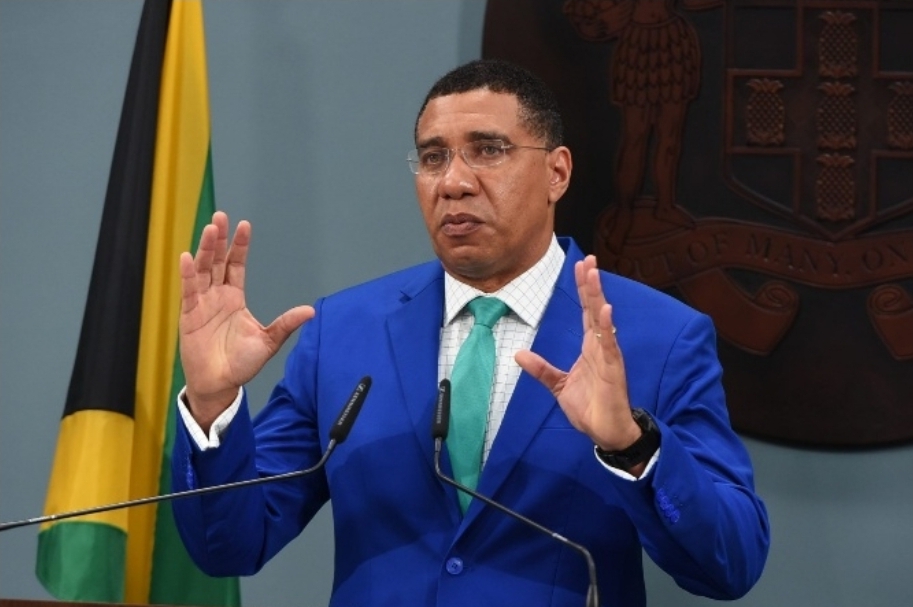
Jamaica’s Prime Minister Andrew Holness /Courtesy/
What sets this initiative apart is not simply the number of buses purchased but the process by which they were acquired. The Jamaican government adopted a methodical, evidence-driven approach: beginning with a careful assessment of commuter needs, then designing a procurement process anchored in transparency and competition.
By resisting the temptation of rushed or politically expedient spending, the administration ensured that every dollar invested served the dual purpose of modernizing infrastructure and protecting the integrity of public finances.
The decision to include CNG-powered buses further reflects foresight, as fuel efficiency and environmental sustainability will lower long-term operational costs.
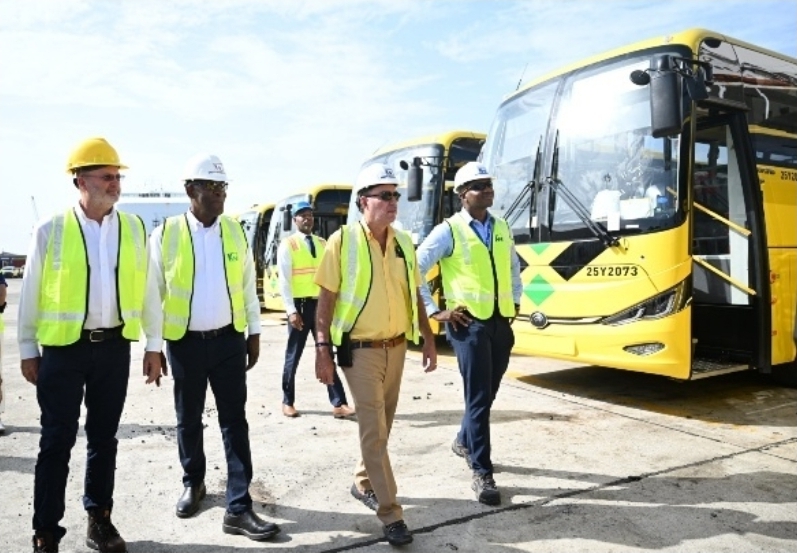
Minister of Science, Energy, Telecommunications and Transport, Hon. Daryl Vaz (second right), inspects a shipment of CNG buses at Kingston Wharves /JIS/
For governments across Africa, where demands for modern transport often clash with the realities of tight budgets and rising debt, Jamaica’s model offers practical lessons.
Infrastructure decisions must be based on data rather than political cycles, ensuring that investments meet real demand and anticipate future growth.
Procurement must be competitive and transparent to guard against corruption and waste, which too often undermine public trust. Choices should also emphasize long-term efficiency-investing not only in the purchase of assets but in their durability, maintenance, and accessibility to all sectors of society.
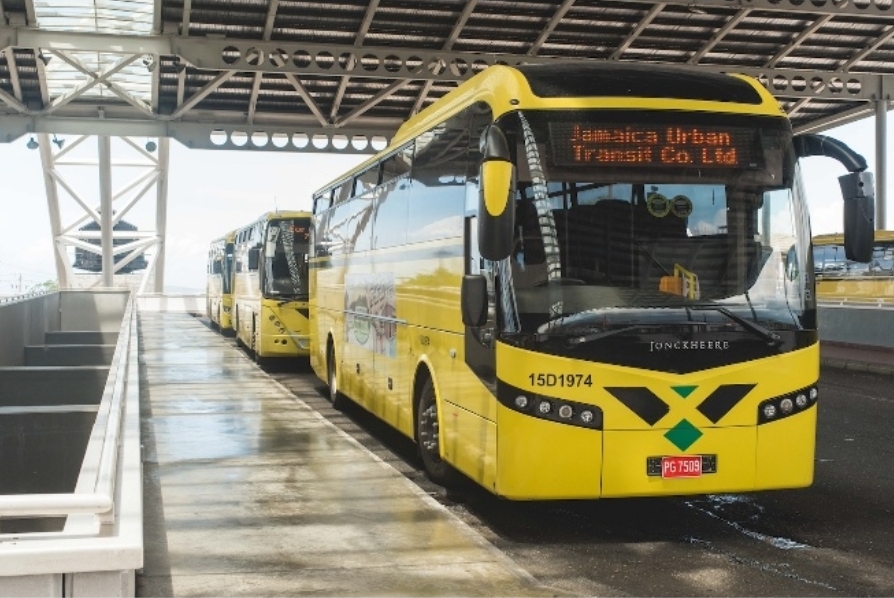
Equally important is the principle of shared responsibility. Holness reminded citizens that government can secure the best buses, but the sustainability of the system depends on how commuters use and preserve them. In this way, accountability becomes a partnership. Government ensures prudence in acquisition, while citizens ensure care in usage.
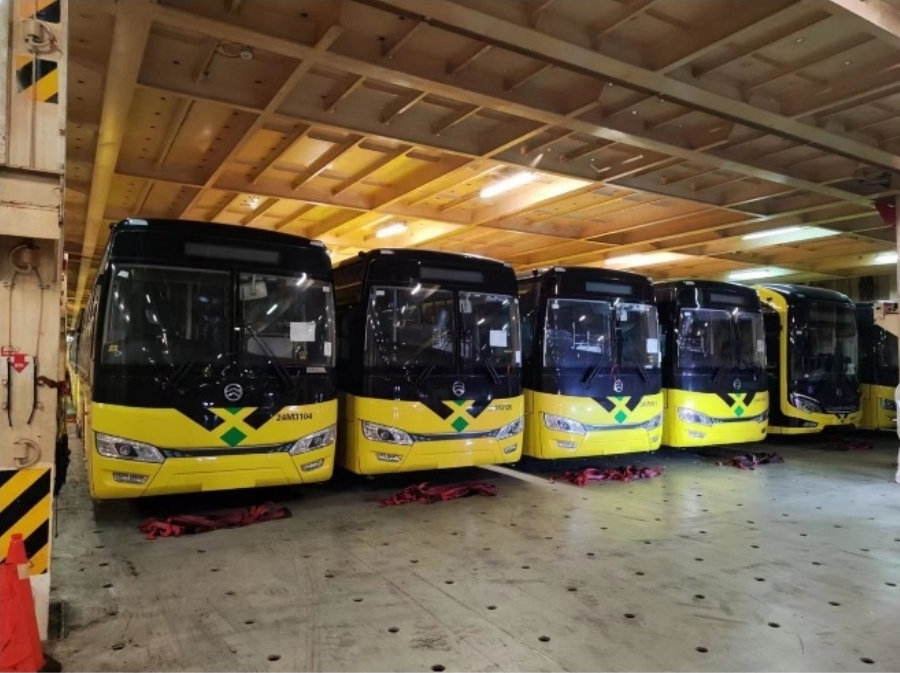
The Buses were handed over to the Jamaica Urban Transit Company (JUTC), to boost its fleet/JIS/
This handover, therefore, is more than a story of buses in Jamaica. It is a demonstration that governments in the developing world can achieve modernization without reckless borrowing, that fiscal prudence and ambition are not opposites but allies.
Jamaica’s example should resonate across Africa, where the need for reliable transport is urgent. It shows that with planning, discipline, and transparency, public resources can be transformed into lasting public goods.
https://www.facebook.com/share/v/1Gpr92Sbj6/ Video link 🎥







